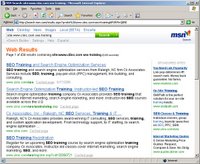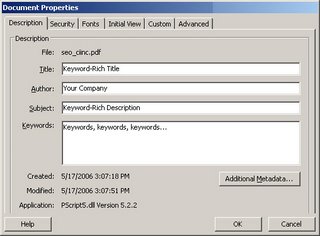SEO Stakeholders
As SEO and PPC campaigns become more competitive and higher priority in organizations, it is imperative that everyone have at least a basic understanding of what is involved and what results are realistic to expect.
Marketers provide the content. Marketing is right in the name: Search Engine Marketing. Search engines rely on quality content, and this content typically comes from your marketing department.
Web Developers implement the changes. The IT team must work together with the marketing team to upload the new content. Some changes require modifications to coding on the page that only the developers can implement. Also, developers need to understand the implication of renaming files, changing directory structures, or moving to a new web site technology (for example, a change from .php to .aspx has the effect of renaming every page on the site).
Managers & Business Owners must have realistic expectations about how soon to see results and what results are realistically obtainable. Simply put, SEO takes patience. Google, in particular, can take months to reward your SEO efforts. A brand new site may take 6-9 months before it starts to rank well for primary keywords in Google. Managers and business owners need to understand the SEO process in order to accurately measure the success of those on the SEO team.
At our SEO Training Classes, we're seeing registrations from not just web developers, but marketing executives, business owners, and managers. They all need to understand what is involved in managing a SEO campaign and what results are realistic to expect.
Find an upcoming SEO Training Class in your Town


